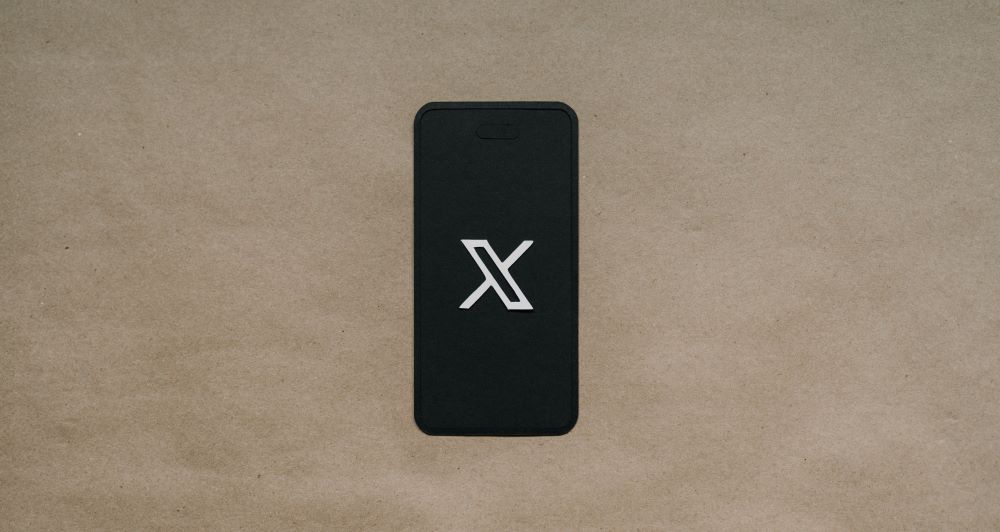Meta has announced that in April it will sunset Facebook News, its dedicated news tab on the Facebook platform, in the US and Australia. As a result, the social giant won’t negotiate new commercial deals with publishers, essentially pulling back from paying publishers in exchange for hosting their content. The move reignites an ongoing battle between Australia’s government and big tech over payments for publishers, demonstrating Meta’s increasing willingness to walk away from news completely.
Facebook News first launched in America in 2019, as a separate feed dedicated to news content outside of the regular stream of content on Facebook’s home page. The News tab hosts top stories curated by a dedicated team at Facebook, as well as personalised surfacing of content, and access to news subscriptions which users have linked to their Facebook accounts.
In time, Facebook News also became a vehicle through which Facebook paid publishers for content. In 2021 Australia passed the News Media Bargaining Code, a new law that forced tech platforms which host links to news content to negotiate payments with publishers. Other governments around the world followed, drafting similar laws of their own. Meta and Google both adopted similar tactics. Instead of just agreeing broad payment deals which covered any news content which is shared via their platforms, they offered payments in exchange for bespoke content produced for specific news products – Facebook News for Meta, and Google News Showcase for Google.
Meta however says Facebook News isn’t driving user engagement. The number of people using Facebook News in Australia and the US dropped by over 80 percent across the past year, according to Meta. “News makes up less than 3 percent of what people around the world see in their Facebook feed, and is a small part of the Facebook experience for the vast majority of people,” the company said in a statement.
As a result of winding down this product, the company is cutting off its publisher payments too. Meta says it will honour its existing agreements with news publishers in Australia, but most of these deals are set to expire in 2024 according to Reuters. Similar deals in the US, where Meta isn’t obligated by law to pay publishers, have already expired. And going forward, Meta says it “will not enter into new commercial deals for traditional news content in these countries and will not offer new Facebook products specifically for news publishers in the future”.
A return to news blocking?
Meta’s move will kick off a new battle between it and the Australian government.
Meta pushed back hard against Australia’s News Media Bargaining Code while it was in development, at one point even barring all users in Australia from sharing any news content on the platform. Eventually the two made peace, as the government was satisfied with Meta’s approach based on paying publishers for Facebook News content.
Now that Meta is backing out of this strategy, the Australian government will assess its options. Meta says it will continue allowing users to share and view news on Facebook in the US and Australia, suggesting it wants to avoid forcing another news blackout. In doing so, it may well be found to be flouting the news bargaining law.
It’s not impossible however that should the Australian government push back strongly and start threatening fines or other penalties, Meta may return to blocking news content on its platform. Its argument has long been (rightly or wrongly) that it gets less than it gives to news publishers. In the announcement of Facebook News’s closure, the company said that it “continue[s] to invest in products and services that drive user engagement” in reference to the winding down of publisher deals – the implication being that these deals don’t deliver a return on investment for Facebook.
Publishers themselves are also getting less out of Facebook and other social platforms than they have in the past, with many citing reduced social traffic as an ongoing struggle. The test now for governments and regulators is whether they can continue to force the likes of Meta to support news publishers without causing the social platforms to walk away from news completely.




